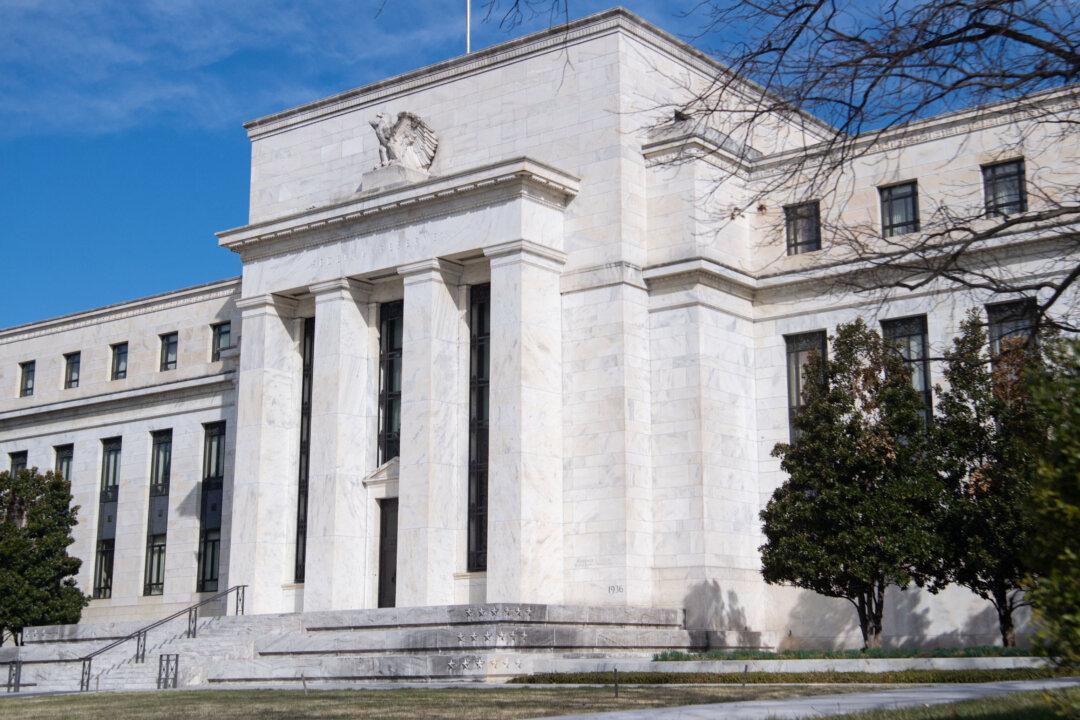Commentary
Among reports of large companies laying off workers and forebodings of a recession, the prestige automaker Rolls Royce announced it sold in 2022 the largest number of cars in its history.

Among reports of large companies laying off workers and forebodings of a recession, the prestige automaker Rolls Royce announced it sold in 2022 the largest number of cars in its history.